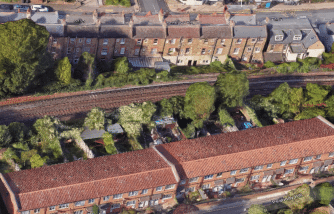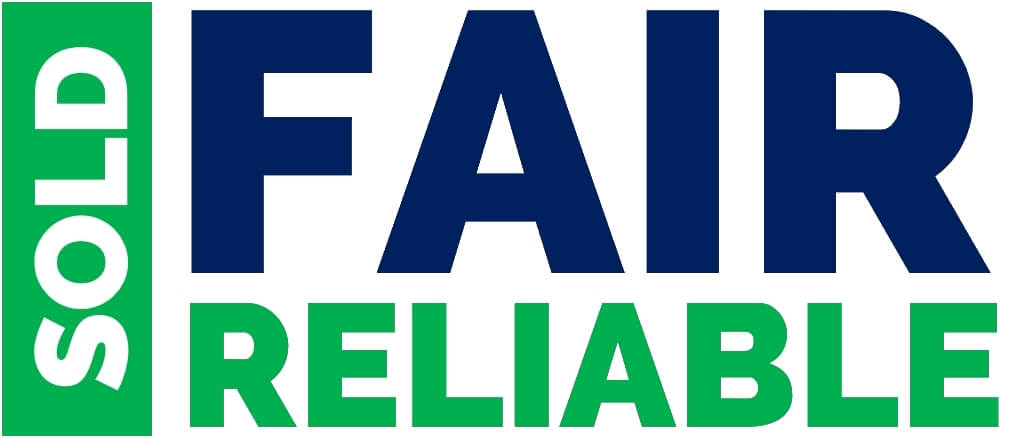Selling a House Near to a Railway Line?
Sometimes the noise and vibration affecting properties very close to railway lines can significantly reduce the audience of buyers. Our useful guide offers some suggestions on how to go about selling a property close to railway tracks.
For your peace of mind we are a member of The Property Ombudsman.
Call 0800 862 0206 for your FREE sale price estimate
If you’re planning on selling a property near to a railway line and are concerned about how problems with saleability, there are some measures you can take to reduce the impact of noise, vibration and other issues that could deter prospective buyers. This article provides guidance to help property owners achieve an efficient sale when their property is affected by a nearby railway line.
Last updated by Mark Grantham on 6th March 2020
Disturbance from noise and vibration – the degree of noise and vibration will depend on the type of train service operating on the line(s) and the distance from the property. The noise level, frequency of service and time of day (or night) will impact a prospective buyer’s decision.
Health risks – concerns about harmful particles from the exhaust of diesel trains or radiation from overhead power lines for electric trains, and metallic fallout from steel wheels and tracks might not be problems for most people, but for some, even the smallest chance of a risk to health will be enough to send them looking elsewhere.
Risk of structural damage to property – in some areas of the country it’s not unusual to find Japanese Knotweed growing at the bottom of gardens adjoining train tracks. Japanese Knotweed is an invasive plant that can cause serious structural damage to the foundations of a property. There are some sources that say the plant was introduced to the side of railway tracks as a way to firm up the ground and help maintain stability of the tracks. Excessive vibration from high speed trains might also lead to structural movement which could affect the structural integrity of a property. If these issues exist they will be flagged up in the buyer’s survey.
Future changes to train services – whilst the efficiency of services and technology to reduce noise will improve over time, the frequency and duration of services usually increases. Ten years ago who knew the London underground would be running services throughout the night at weekends!
The information provided by the seller will take the form of the “property information questionnaire” which is a standard form seller’s need to complete, whether they’re selling through an estate agent, at auction, or direct to a property buyer. It’s a legal requirement for sellers to give honest and accurate information in the property information questionnaire, failing to do so risks legal action later down the lane, even many years after the sale. Regardless of the legalities, it’s always better to provide prospective buyers with the full facts – buyers appreciate honesty and it’s better they know the facts rather than unnecessarily erring on the side of caution.
Whilst some concerns can only be compensated by way of a price reduction, others can be dealt with by investments such as additional sound insulation or triple glazing. The usual advice when selling a property is to leave any improvement work to the new owner because the cost of works cannot usually be recovered from the sale. However, if the problems are so severe that buyers are not showing any interest in the property then it can be worth carrying out works, just to achieve a sale.
Not all trackside properties are close to a railway station, but for those that are, the prospect of living close to a train station is a real selling point for many properties. More recently we’ve seen house prices shooting up wherever “walking distance of Crossrail” can be used in the estate agents sale particulars.
It’s also important to remember that everyone has their own preferences. Where some might consider noise to be a nuisance, others might find it comforting. We’ve seen property owners who have been really sorry to sell their track side property, saying the rumble of the trains becomes familiar, keeping them company in a way they’ll miss when they move away.

Selling at auction
Find an auctioneer
Need help choosing a local property auctioneer? Call 0800 862 0206 or send us an enquiry online.
🔍 Also see







